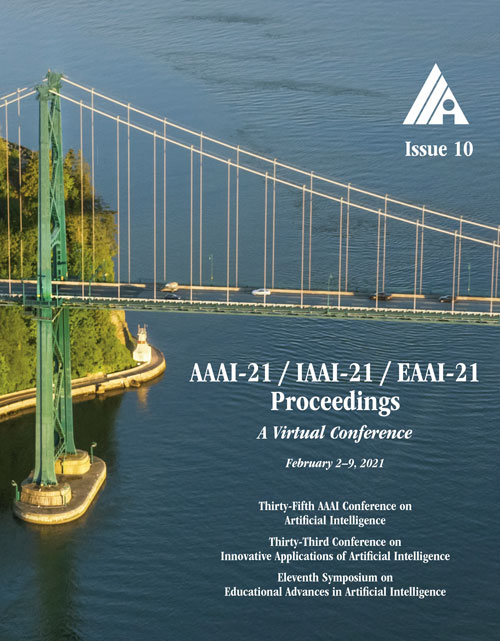Augmented Experiment in Material Engineering Using Machine Learning
DOI:
https://doi.org/10.1609/aaai.v35i10.17116Keywords:
(Deep) Neural Network Algorithms, ApplicationsAbstract
The synthesis of materials using the principle of thermogravimetric analysis to discover new anticorrosive paints requires several costly experiments. This paper presents an approach combining empirical data and domain analytical models to reduce the number of real experiments required to obtain the desired synthesis. The main idea is to predict the behavior of the synthesis of two materials with well-defined mass proportions as a function of temperature. As no exact equational model exists to predict the new material, we integrate a machine learning approach circumscribed by existing domain analytical models such as heating and kinetics equations in order to derive a generative model of augmented experiments. Extensive empirical evaluation shows that using machine learning approach guided by analytic models, it is possible to substantially reduce the number of needed physical experiments without losing the approximation quality.Downloads
Published
2021-05-18
How to Cite
Osmani, A., Hamidi, M., & Bouhouche, S. (2021). Augmented Experiment in Material Engineering Using Machine Learning. Proceedings of the AAAI Conference on Artificial Intelligence, 35(10), 9251-9258. https://doi.org/10.1609/aaai.v35i10.17116
Issue
Section
AAAI Technical Track on Machine Learning III

